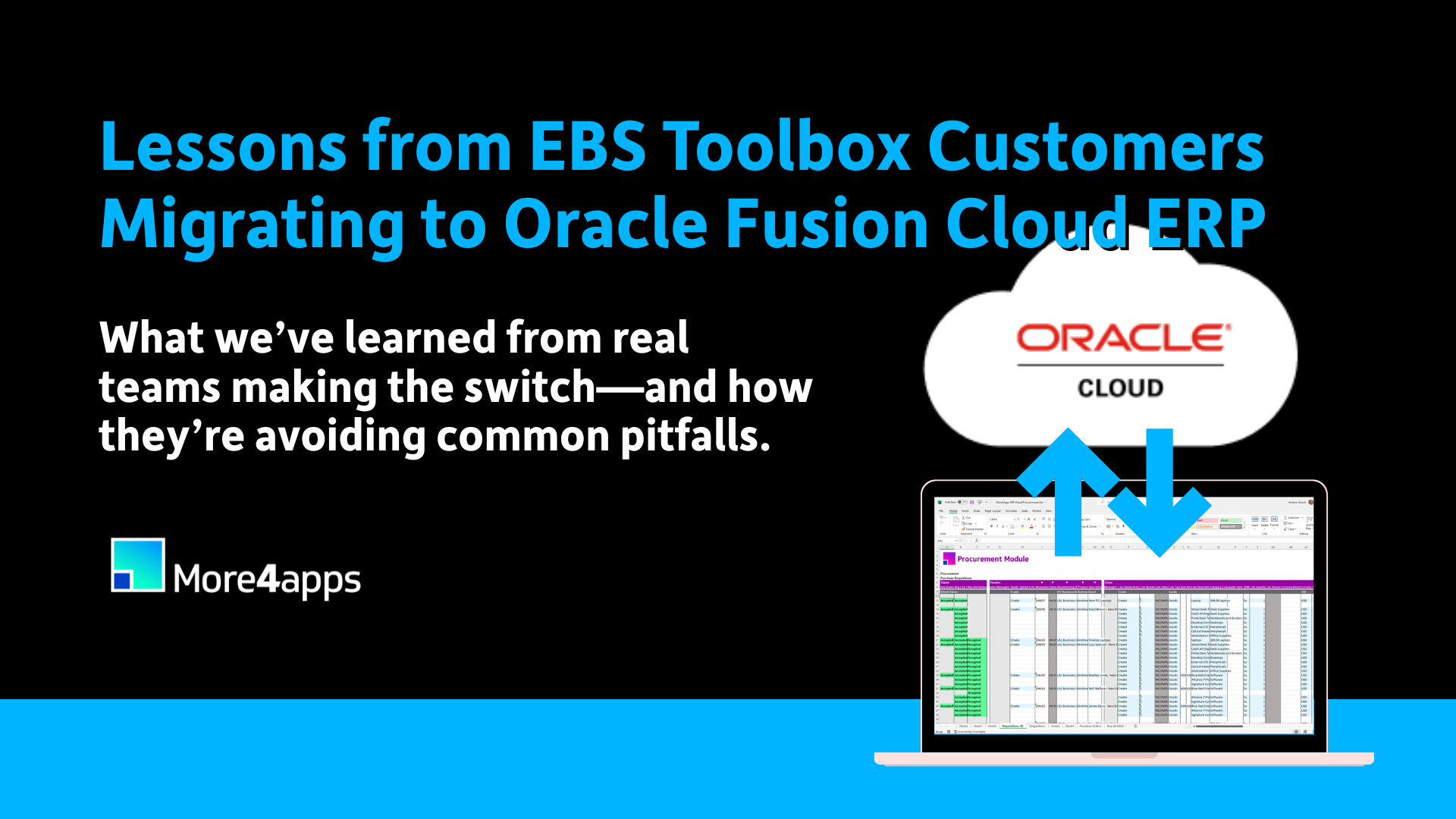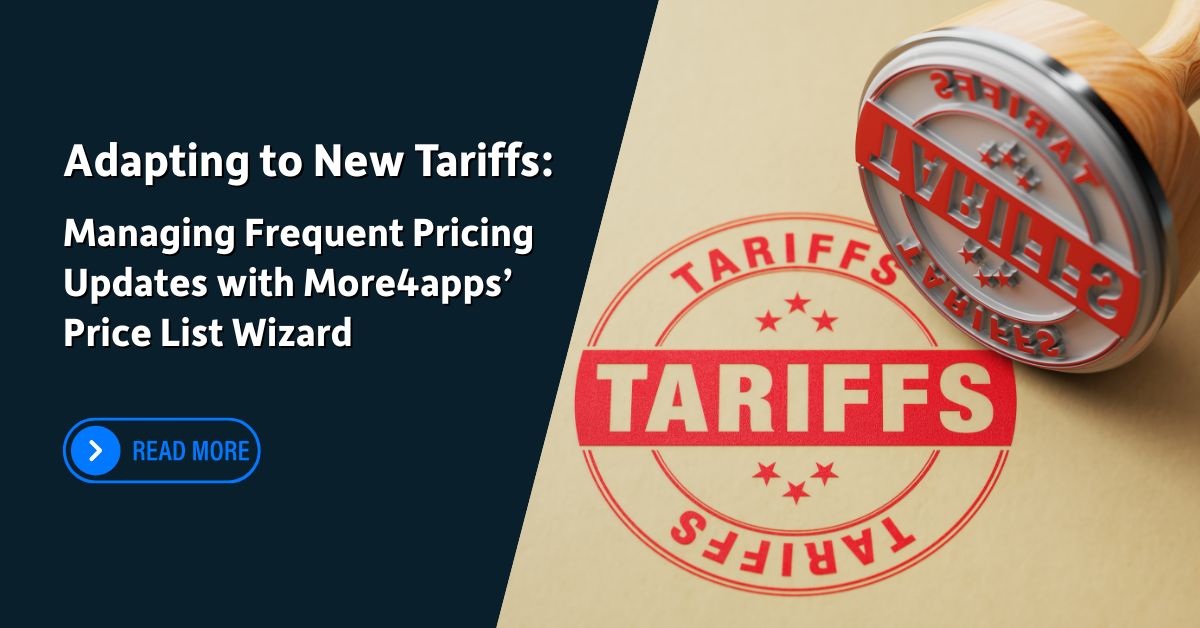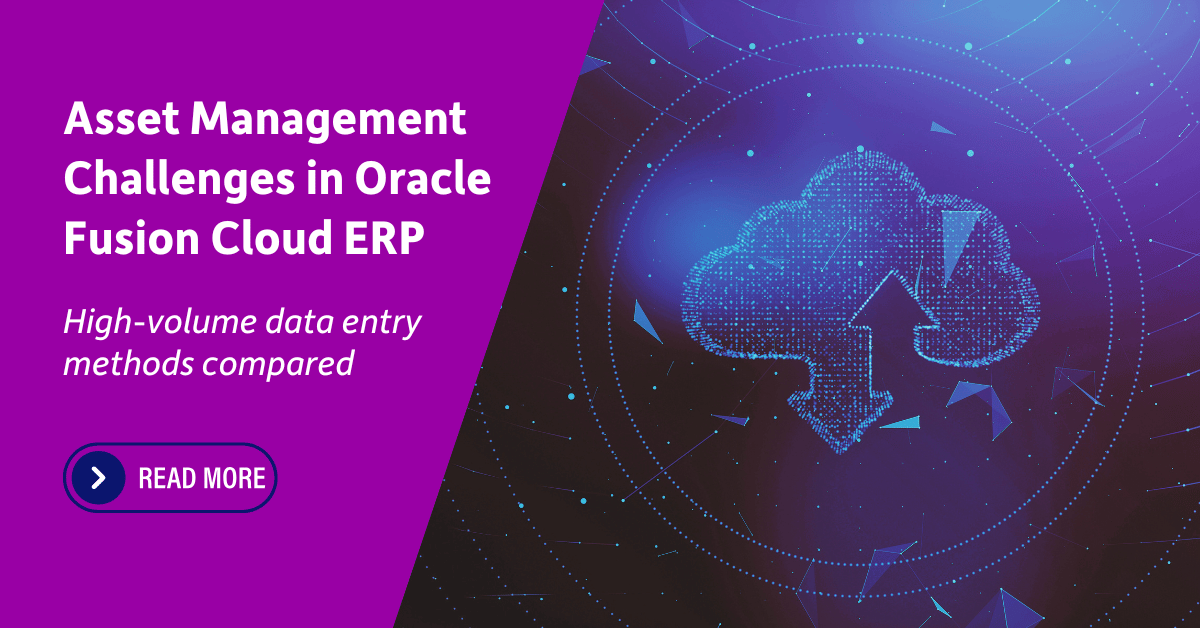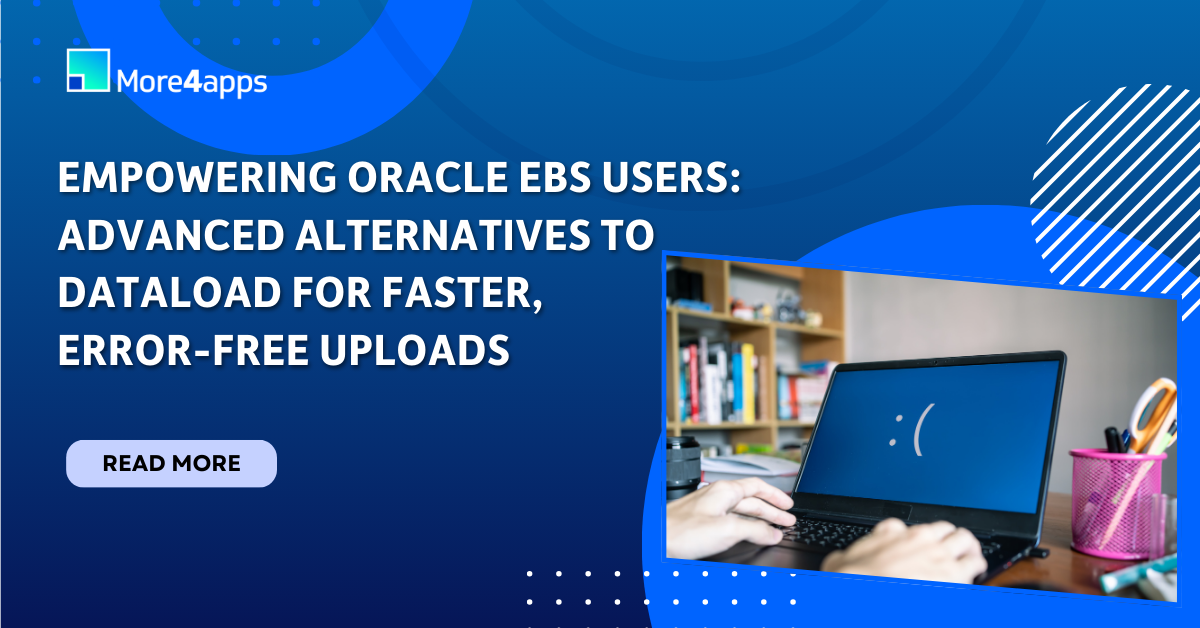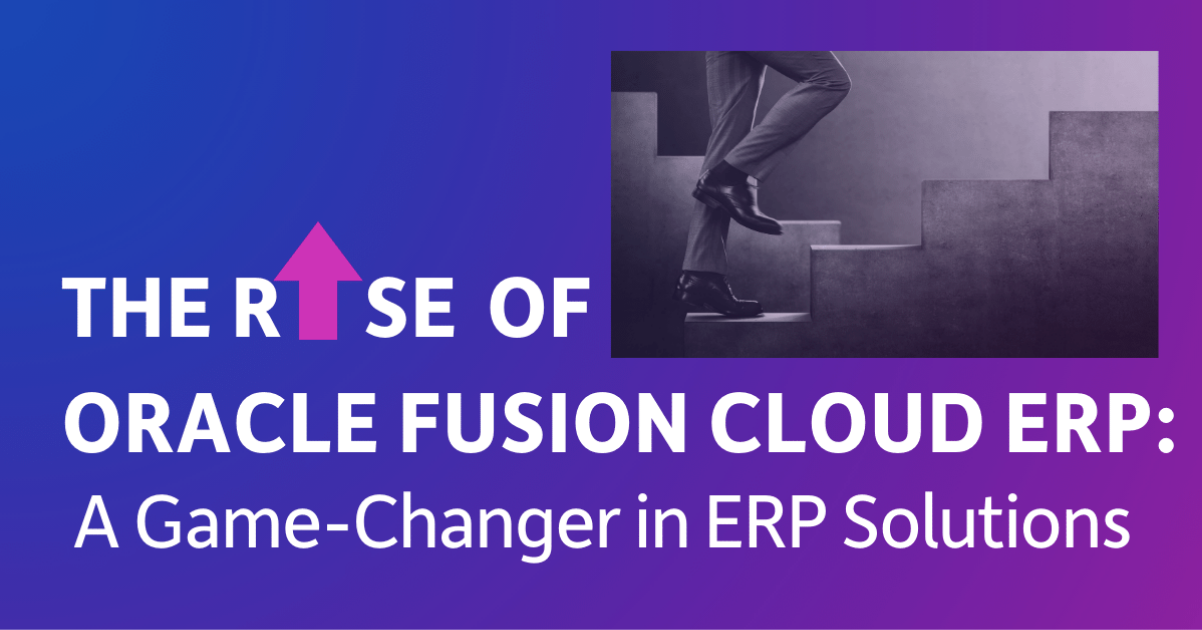AI promises faster insights, smarter decision-making, and a serious edge over the competition. But here’s the catch: AI is only as good as the data it consumes. If your data is fragmented, inconsistent, or outdated, even the most powerful AI tools will underperform—or worse, lead you in the wrong direction.
Over the last year, I’ve had the chance to work closely with organizations migrating from Oracle E-Business Suite (EBS) to Oracle Fusion Cloud ERP. Many of them were longtime users of our EBS Toolbox and were preparing for a major transformation. But while the move to the cloud brings a lot of promise, it also brings unexpected complexity—especially when it comes to data.
As global trade conditions evolve, businesses are increasingly being challenged to respond to new tariffs that directly impact the cost of goods and supply chain strategies. These changes are pushing companies to frequently update price lists. Managing price list updates in Oracle E-Business Suite (EBS) is an essential step in adapting to the new tariff-driven landscape.
Managing an asset register—tracking new and existing assets—is time-consuming for Finance, especially as asset volumes grow. Without an efficient system, tracking status, depreciation, and compliance becomes complex, leading to errors, financial discrepancies, and operational disruptions.
For companies seeking a true spreadsheet solution for Oracle data entry, More4apps’ EBS Toolbox offers a superior alternative, removing the difficulties that come bundled with DataLoad and empowering end-users to take control of their data.
Migrating to Oracle Fusion Cloud is a strategic decision for businesses looking to modernize their ERP systems and gain a competitive edge in today's digital economy. The article discusses why Oracle Fusion Cloud is expected to remain a top choice for organizations seeking to transform their operations and drive growth in the digital age. Read it to learn more.

